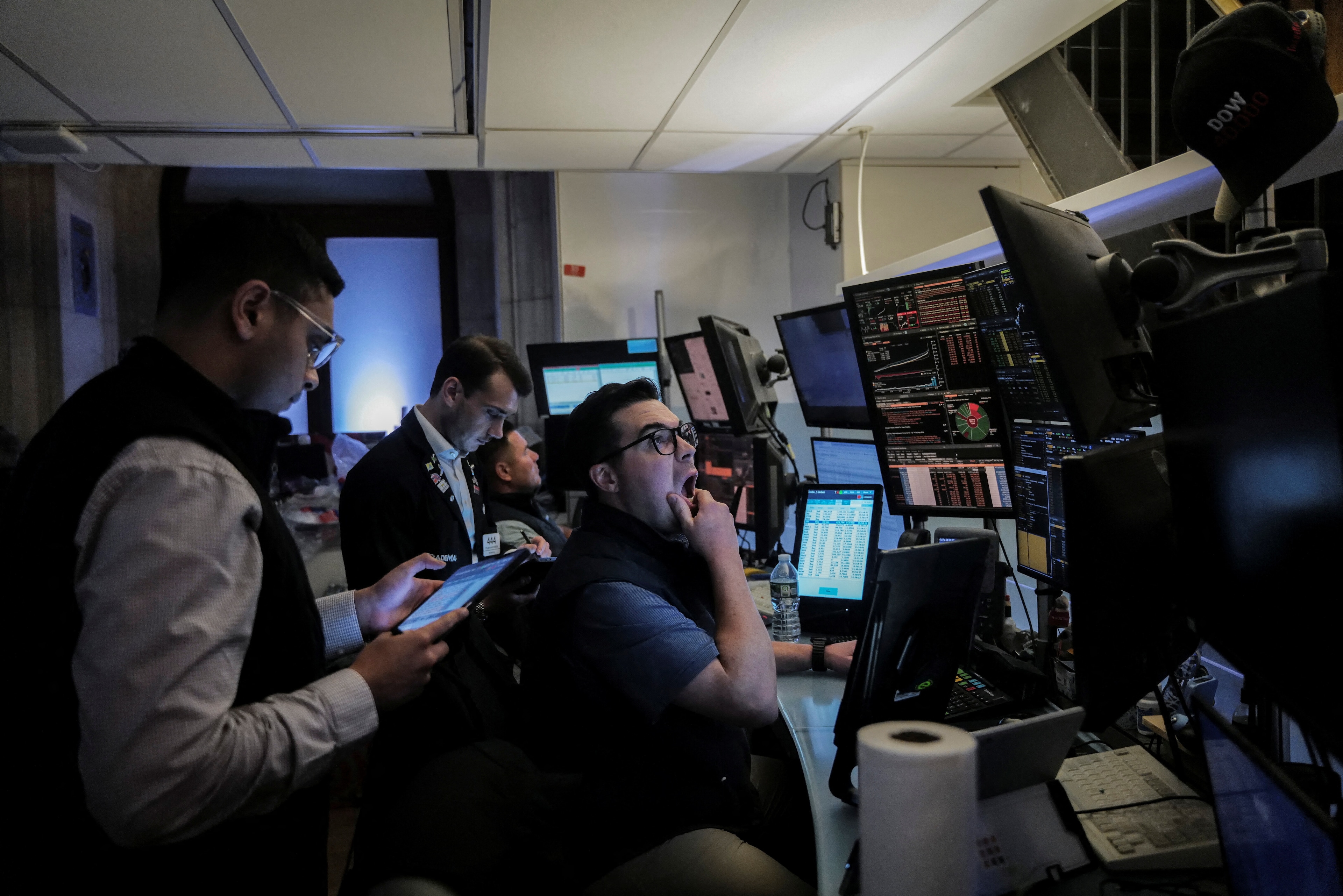How do we help developing nations to cut emissions from agriculture?

Stay up to date:
Fresh Water
This article is published in collaboration with Thomson Reuters Foundation trust.org.
Developing countries can boost food production while reducing planet-warming emissions from agriculture, given the right technologies and financial support to put them into practice, researchers said.
Wealthy governments and other donors need to invest more to reduce carbon emissions stemming from agriculture, said astudy issued ahead of U.N. climate talks in Paris next week.
Researchers analysed 160 national climate action plans submitted ahead of the summit, which is due to agree a new deal to curb global warming, and found 80 percent included agriculture in their efforts to cut emissions.
Nearly two-thirds noted agriculture’s importance in strategies to adapt to more extreme weather and rising seas, despite being short on detail, the study added.
But agriculture is absent from the main draft text for a new U.N. climate deal, signalling a major disconnect between country planning and global-level policymaking, according to the international CGIAR research programme on climate change, agriculture and food security.
“Countries have made it clear that agriculture is a priority in their climate plans,” said programme director Bruce Campbell.
“The question is where the support to implement these plans will come from, as there has been exceptionally slow progress on these issues.”
Nearly a third of countries included targets for mitigating emissions from farming in their plans, but those are conditional on receiving international financial support, said the study.
Central African Republic, for example, will need $2.5 million to reduce slash-and-burn farming, while Senegal is seeking $1.8 billion to cut emissions from rice, introduce biodigesters to recycle waste and expand agroforestry systems.
“Major climate finance organisations need to include agriculture in their portfolios,” said Eva Wollenberg of the University of Vermont, who leads the CGIAR programme’s research on low-emission farming.
Food Security Fears
A 2015 study from the U.N. Food and Agriculture Organization found that emissions from agriculture are growing, accounting for around 11 percent of global emissions in 2010.
Reducing those emissions is seen as crucial for curbing climate change.
But some developing nations worry that including agriculture in emissions reduction targets could hurt their ability to feed hungry people, researchers said.
“At the global level, certain countries – India in particular – have lead a movement that agriculture is crucial for food security and shouldn’t be involved in (climate) mitigation (targets),” said Wollenberg.
But if donors invested more in farm technologies to reduce emissions and adapt methods to shifting climate patterns, it might help persuade reluctant developing nations.
“We know which technologies can be used – we’re using many of them already. It’s just a matter of expanding them,” Wollenberg told the Thomson Reuters Foundation.
In Mexico, for example, a project teaching farmers to use nitrogen fertiliser more efficiently is reducing emissions by an equivalent of 700,000 barrels of oil annually, while cutting costs.
In India’s northeastern Haryana state, growers are using laser censors linked to mechanised plows to flatten farmland. This stops water forming puddles in areas of uneven land, using it more effectively.
The programme led to an increase in wheat and rice production, while cutting water use and carbon emissions.
Such efforts need to be expanded to other poor countries so that the climate-change impacts of farming do not worsen, scientists say.
Publication does not imply endorsement of views by the World Economic Forum.
To keep up with the Agenda subscribe to our weekly newsletter.
Author: Chris Arsenault covers global food security and agricultural politics for the Thomson Reuters Foundation.
Image: Farmers plant saplings in a rice field on the outskirts of Srinagar in India. REUTERS/Danish Ismail.
Don't miss any update on this topic
Create a free account and access your personalized content collection with our latest publications and analyses.
License and Republishing
World Economic Forum articles may be republished in accordance with the Creative Commons Attribution-NonCommercial-NoDerivatives 4.0 International Public License, and in accordance with our Terms of Use.
The views expressed in this article are those of the author alone and not the World Economic Forum.
Related topics:
Forum Stories newsletter
Bringing you weekly curated insights and analysis on the global issues that matter.
More on Economic GrowthSee all
Chavalit Frederick Tsao
August 19, 2025
Laurel Taylor
August 18, 2025
Yufang Jia and William Jernigan
August 18, 2025
Antara Choudhury and Vivin Rajasekharan Nair
August 14, 2025
Atul Kumar
August 12, 2025




